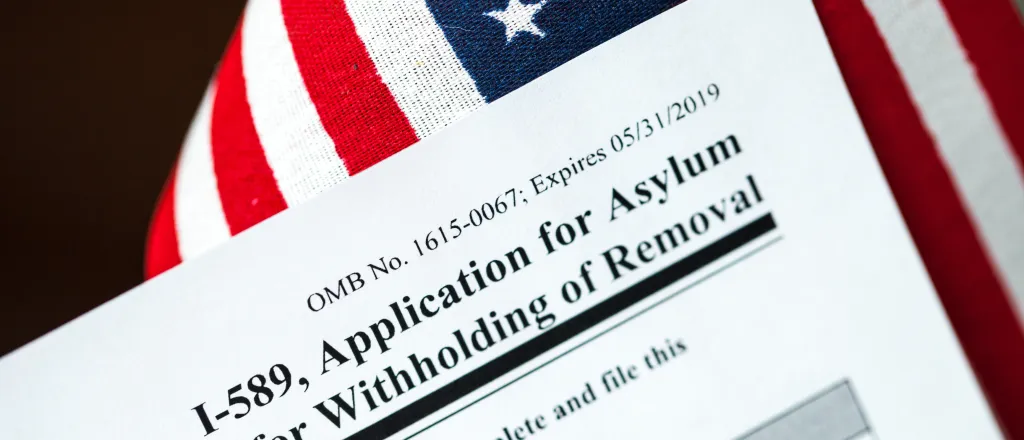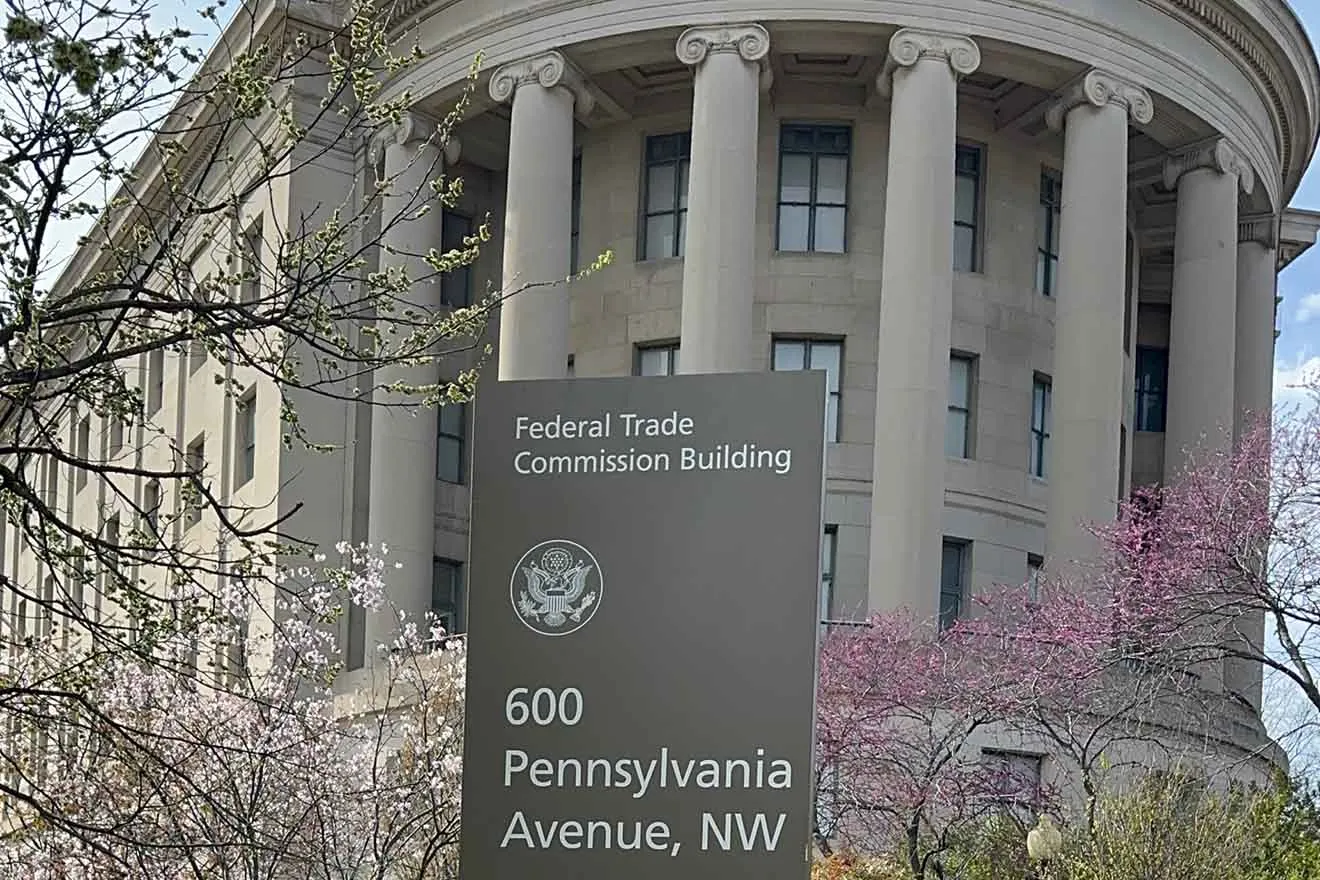
US Senate negotiators see progress in immigration talks, but no deal likely until 2024
(Colorado Newsline) Senators attempting to clinch a bipartisan agreement on immigration and border policy gave the clearest indication yet Tuesday they’ll work into the new year, further delaying aid for Ukraine, Israel and Taiwan.
“We are closer than ever before to an agreement, but … we need to get this right,” said Connecticut Sen. Chris Murphy, Democrats’ top negotiator.
“There’s a reason why Congress hasn’t passed major immigration or border reform in 40 years,” Murphy added. “This is tough to come to a compromise and it’s just as tough to write to make sure you get the ideas down onto paper in a way that makes sure the policy is implemented correctly.”
Murphy said he planned to take one-and-a-half days away to spend Christmas with his family, but would otherwise be at the negotiating table for as long as it takes.
“Momentum is heading in the right direction and I think that will continue over the course of this week,” Murphy said.
Oklahoma Republican Sen. James Lankford said Tuesday afternoon that negotiators had met twice earlier in the day and were scheduled to talk later in the evening.
“We’re making progress,” Lankford said. “We’re taking it section-by-section and chipping away at it. So you just make progress as you go.”
Lankford said it is possible that negotiators get the agreement wrapped up in January, adding “we’ve got to get it done.”
Senate trio working on immigration
Murphy, Lankford and Arizona independent Sen. Kyrsten Sinema have been huddling for weeks to try to find a way forward on changes to immigration and border security.
They were joined late last week by Homeland Security Secretary Alejandro Mayorkas as well as staff from Senate Republican Leader Mitch McConnell’s office.
Republicans insist that a bipartisan compromise on immigration and border security policy is necessary to advance additional funding for Ukraine, Israel and Taiwan.
Senate Democrats introduced a $110.5 billion spending package for those three areas as well as for U.S. border security, but GOP senators blocked that from moving forward in early December.
National Security Council Coordinator for Strategic Communications John Kirby said Tuesday during the White House press briefing that there’s enough funding left from earlier aid packages for one additional round of aid for Ukraine this year.
“That’s why it’s so critical that Congress act on that supplemental funding,” Kirby said.
Senate Majority Leader Chuck Schumer, a New York Democrat, said during a press conference Tuesday that there is no other option than to reach a bipartisan agreement on immigration policy in order to get military and humanitarian aid for U.S. allies.
“Negotiations aren’t easy, we know it’s going to take more time but I am significantly more optimistic today than I was Thursday,” Schumer said.
Democrats agree “the border must be fixed,” but Schumer said finding common ground remains “difficult.”
McConnell said during a separate press conference Tuesday that “it’s pretty safe to say that we’ve made some significant progress, but we obviously aren’t there.”
“This is not easy but we’re working hard to get an outcome because the country needs it and the country needs it soon,” McConnell said.
Colorado Newsline is part of States Newsroom, a network of news bureaus supported by grants and a coalition of donors as a 501c(3) public charity. Colorado Newsline maintains editorial independence. Contact Editor Quentin Young for questions: info@coloradonewsline.com. Follow Colorado Newsline on Facebook and Twitter.

















